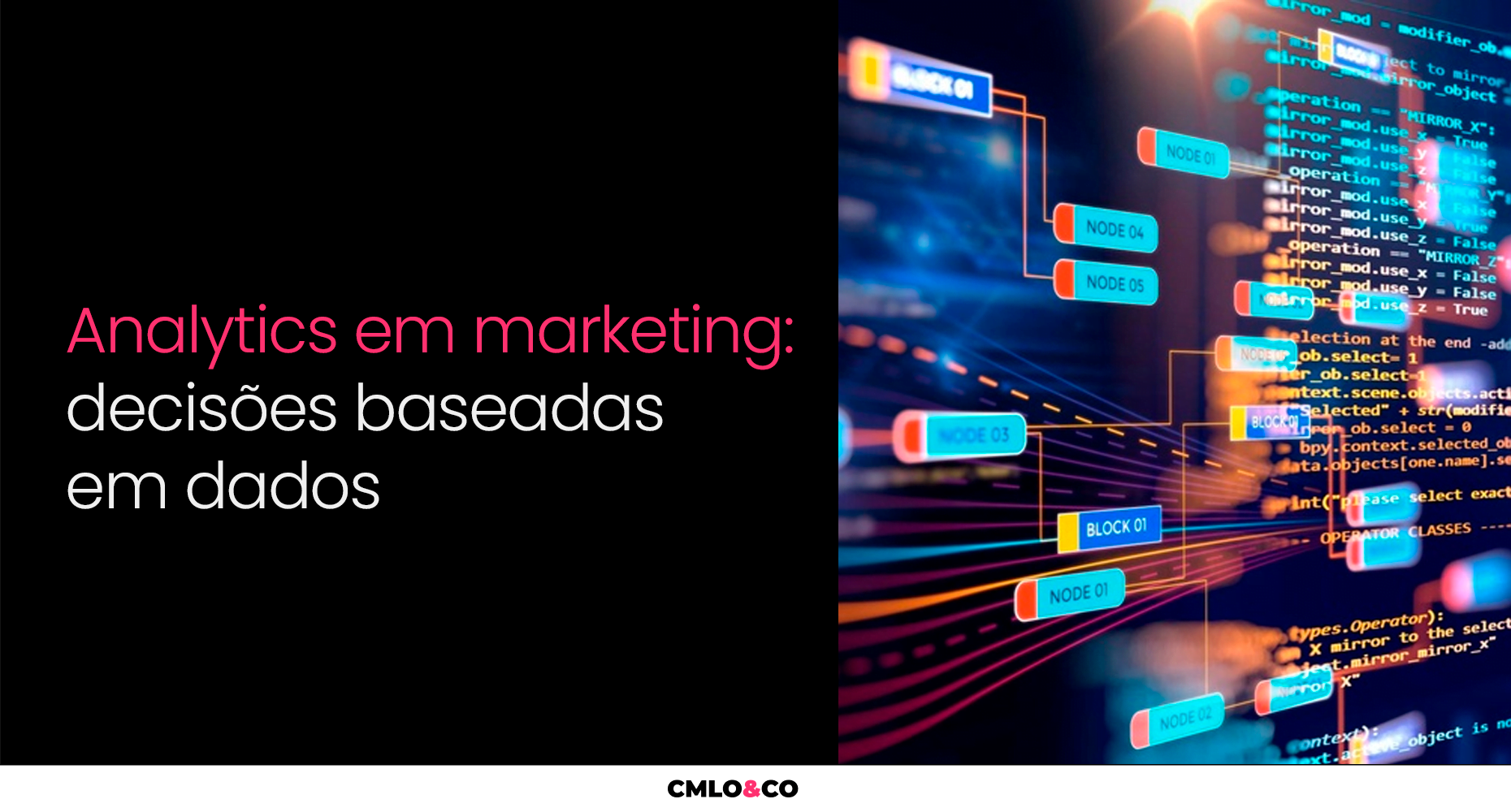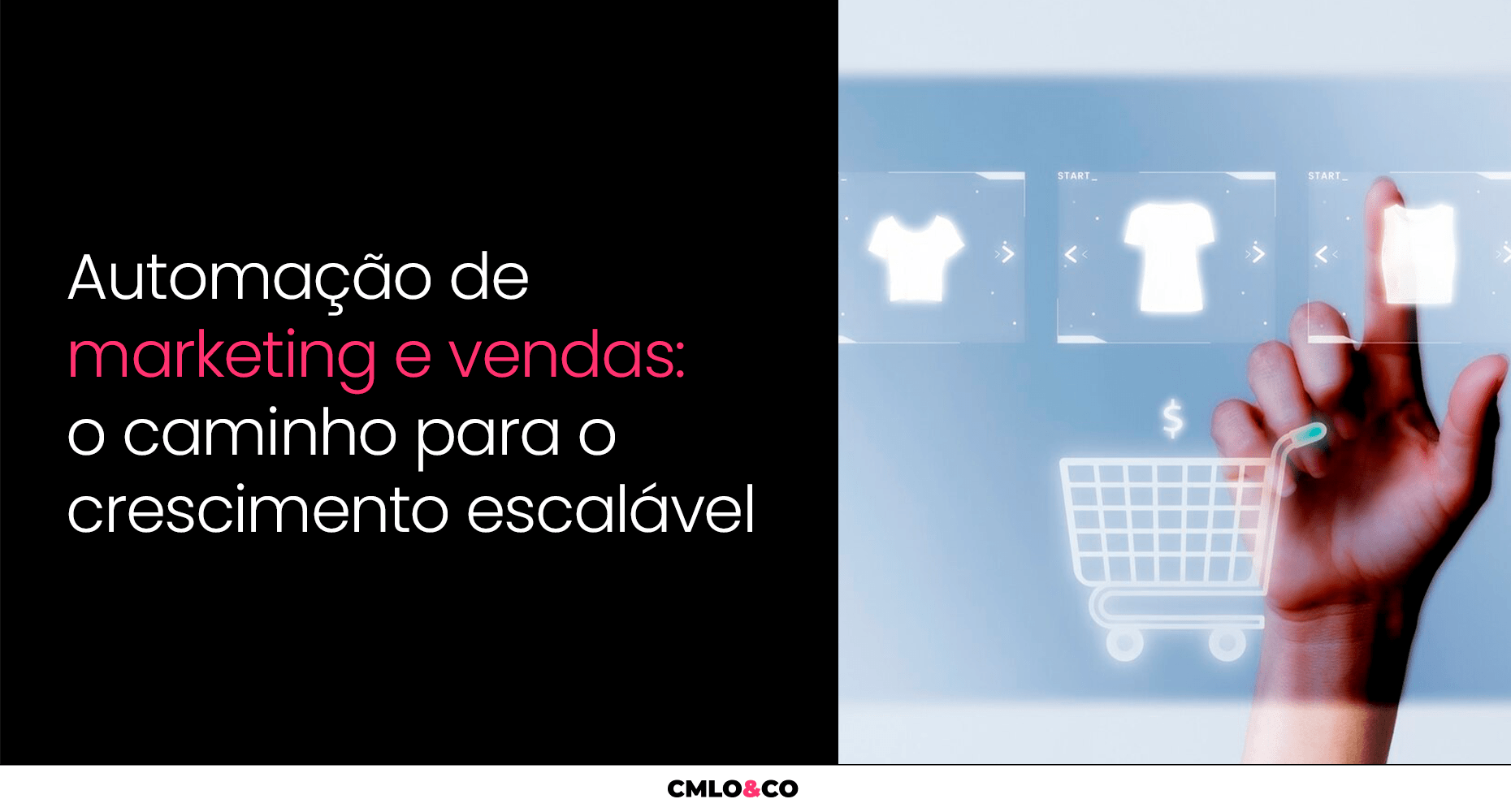The personalization in marketing is a strategy which seeks to offer unique and relevant experiences for each customer, according to their interests, preferences, behaviors and needs.
Instead of sending generic, standardized messages to all your contacts, the personalized marketing seeks to create a more human, close and effective communication with each of them.

But why is personalization so important in marketing? And how can it improve your customers' experience and satisfaction? In this article, we'll explain everything you need to know about the subject and give you some practical tips on how to personalize your company's marketing. Follow along!
Personalized marketing: what is it?
Personalized marketing is the set of techniques and tools that make it possible to adapt a brand's communication, products and services to the preferences, needs and behaviors of each customer or customer segment.
The strategy emerged as a response to growing consumer demand for more individualized and humanized experiences that reflect their interests, values and desires.
With the advance of technology and the internet, consumers now have access to more information, options and communication channels. As a result, they have become more demanding and selective when it comes to choosing the brands they relate to.
Fortunately, marketing has evolved along with these changes, taking advantage of digital resources to collect, analyze and use customer data intelligently and strategically, creating more personalized and relevant offers, content and interactions for each of them.
What is personalized marketing for?
The main objective of personalization in marketing is to create unique experiences for each customer, generating value and a competitive edge for the brand.
By personalizing your commercial strategies, you demonstrate that you know and care about your customer, that you understand their pains and desires, that you offer solutions tailored to their needs and that you respect their choices and preferences.
The importance of personalization in marketing
Personalization is important because it's a way of standing out from the competition and connecting with your customers on a deeper, more emotional level.
In an increasingly saturated and competitive market, offering personalized experiences is a way of creating value and relevance for your brand, generating customer engagement and loyalty.
In addition, personalized marketing is important because it is a way of keeping up with changes in consumer behavior, which is increasingly informed, demanding and empowered.
Today, they no longer want to be treated as numbers or homogeneous masses, but as unique and special individuals. In other words, they want to have a voice, choice and control over their consumer experiences, being able to interact with brands on the channels, at the times and in the ways they prefer.
That's why personalization is so important. It's a way of meeting the expectations of modern consumers, who are looking for brands that understand, respect and positively surprise them.
The role of personalized marketing in the customer experience
After all, what is customer experience? In a nutshell, it's the set of perceptions, feelings and emotions that a customer has in relation to your brand throughout their buying journey. Customer experience is one of the main factors influencing the decision to buy, the recommendation and customer loyalty.
Personalized marketing plays a fundamental role in the customer experience, as it is a way of creating more positive, memorable and delightful experiences for each customer. By personalizing your marketing, you can:
- Attract customers' attention and interest;
- Generate identification and affinity with your brand;
- Offering solutions and benefits tailored to your needs;
- Stimulate interaction and relationships with your brand;
- Exceeding customer expectations and objections;
- Increase customer satisfaction and loyalty;
- Improve reputation and trust in the brand;
- Increase conversion and retention rates;
- Encourage recommendations and repeat purchases.
Main personalization trends
Personalized marketing is constantly evolving, keeping pace with technological innovations and changes in consumer behavior. Some of the main personalization trends you should keep an eye on are:
Artificial intelligence
The artificial intelligence is a great ally of personalized marketing. This is because it makes it possible to collect, process and use customer data more quickly, accurately and efficiently, creating more personalized and intelligent experiences for each person.
It also makes it possible to automate processes and create more interactive and dynamic experiences, such as chatbots, virtual assistants and intelligent recommendations.

Omnichannel
Omnichannel is a strategy that seeks to integrate the company's various communication and sales channels, offering a fluid and consistent customer experience across all of them. It allows the customer to start an interaction on one channel and continue on another without losing the context or quality of the service.
Personalization trend, the omnichannel allows you to accompany the customer throughout their buying journey, offering personalized content, offers and interactions according to their profile, behavior and preferences on each channel.
Hyper-personalization
Hyper-personalization is an advanced level of personalization in marketing. Its main objective is to offer totally customized experiences for each customer.
Hyper-personalization involves the use of real-time data, artificial intelligence and machine learning to create offers and content that adapt to the preferences, behaviours and specific situations of each individual.
Emotional personalization
This is a trend that seeks to create an emotional connection between the brand and the customer, taking into account their feelings, values, motivations and personality. Its aim is to offer more human, empathetic and authentic communication that generates identification and engagement.
Personalized e-mail
Email marketing is one of the most efficient channels for communicating with your customers in a direct and personalized way.
In this case, you can bet on personalization and use your customers' data to send messages with their name, exclusive offers, relevant content, abandoned cart reminders, among other actions.
According to some studies, personalized emails are 26% more likely to be opened than generic emails.
Personalized navigation
Personalized navigation consists of adapting your company's website or application to the user's profile and behavior. In this sense, you can adapt elements such as categories, search options and even product recommendations based on the user's historical data.
With this, you will not only create a more fluid and relevant experience for each visitor. You'll also reduce the cart abandonment rate and build customer loyalty.
How can you personalize your company's marketing? 5 practical tips
Now that you know what personalized marketing is and how important it is, here are some practical tips on how to apply it in your company:
1. Use tools to collect information
To personalize your marketing, you need to know your customers well.
To do this, however, you need to use tools such as forms, surveys, CRM, analytics, among others, because they allow you to collect data on your customers, make a complete analysis of their online behavior and find the most effective personalization strategies for each case.
2. Respect the user's privacy
But remember: when collecting data from your customers, you need to respect their privacy and follow the rules of the LGPD (General Data Protection Act).
This means that you need to inform your customers about what data you collect, for what purposes and how you store and protect it.
You also need to ask your customers for their consent to use their data and guarantee their right to access, rectify and delete it.
3. Segment your audience
Once you have collected your customers' data, you need to segment them into homogeneous groups, according to criteria such as age, gender, location, income, interests, behavior, etc.
Segmentation is a crucial procedure for personalized marketing. After all, it allows you to create more appropriate offers and content for each segment and increase the relevance of your messages.
4. Personalize your content
Content is the basis of personalization in marketing. Therefore, create content that is useful, interesting and appropriate for each customer or segment.
You can personalize your content using elements such as name, language, tone of voice, images, videos, etc.
You can, for example, use the customer's name in the greeting or send content related to the customer's purchase history. Or offer educational or entertainment content according to the customer's interests, or bet on other strategies.
5. Test, monitor and improve strategies
Finally, you need to test, monitor and improve your strategies personalization. You can use tools such as A/B tests, metrics and indicators to evaluate the performance of your campaigns and identify what works best for each segment or customer. You can also ask your customers for feedback and use their suggestions to improve your experiences.
Personalized marketing: the key to success for building a lasting relationship with your customers
As we presented in this article, personalized marketing is a strategy that aims to create unique and relevant experiences for each customer, increasing their satisfaction, trust and loyalty.
If you are looking for a strategic partnership to improve your brand's communication with your customers, you can count on CMLO&CO. We are an agency specializing in marketing and advertising and we offer creative and innovative solutions for your business.
Want to know more about our work? Then follow us on Facebookno Instagramno LinkedIn and see how we transform businesses through communication.





